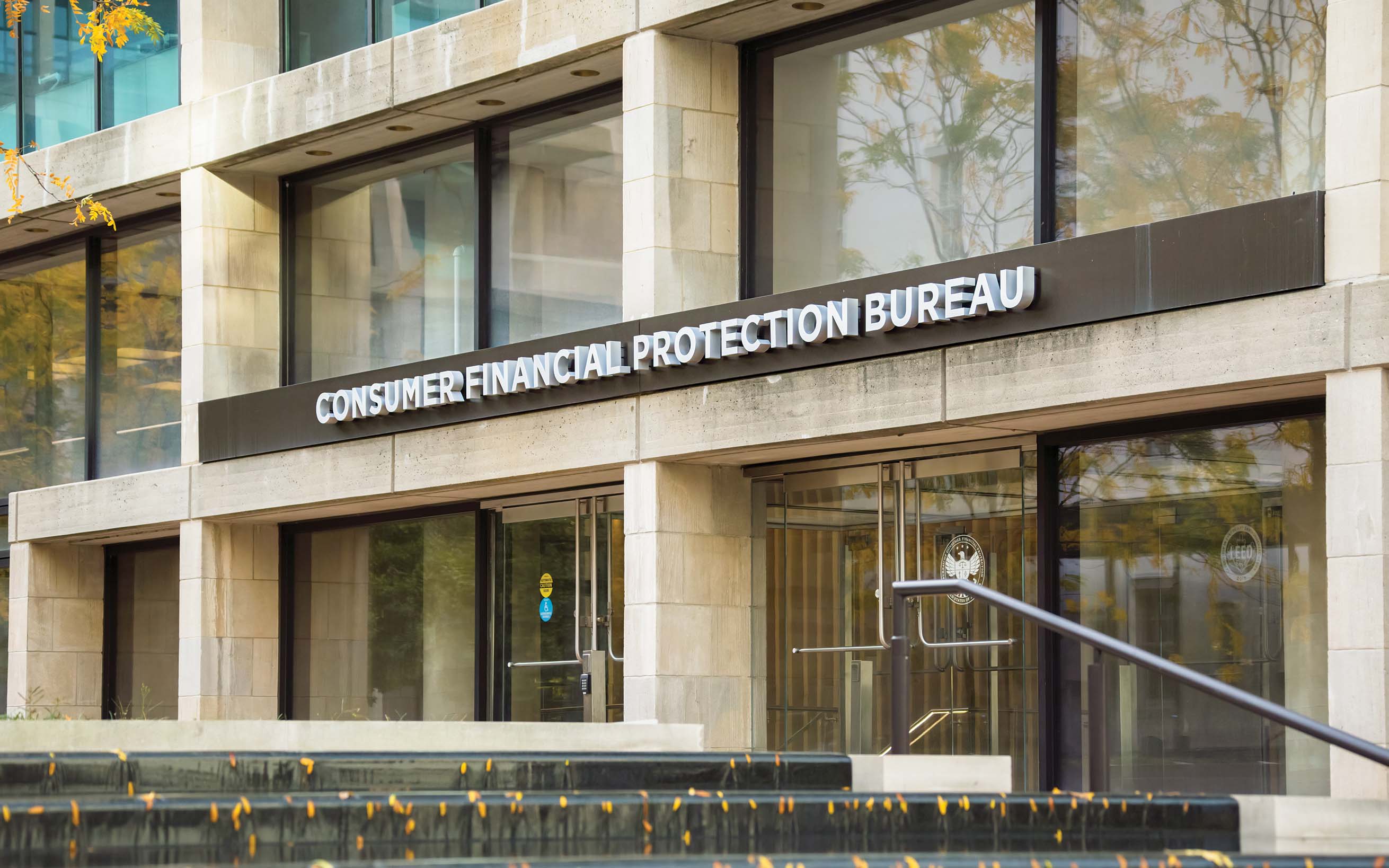In October 2022, the Federal Reserve Board finalized updates to the Board’s rule for debit card transactions, which went into effect July 1, 2023. Learn about the background of this ruling and its importance for banks and their customers.
Final Updates to Debit Cards Rules
February 21, 2024 / By Mary Thorson Wright
In October 2022, the Federal Reserve Board finalized updates to the Board’s rule for debit card transactions, which went into effect July 1, 2023. Learn about the background of this ruling and its importance for banks and their customers.
Debit cards are big business. Payment card networks in the U.S. processed 92.1 billion debit and general-use prepaid card transactions valued at $4.3 trillion, according to the Federal Reserve System Board of Governors’ report, 2021 Interchange Fee Revenue, Covered Issuer Costs, and Covered Issuer and Merchant Fraud Losses Related to Debit Card Transactions (amended as of October 2023). Card-not-present (CNP) transaction volume was almost one-third of total debit card transaction volume in 2021, at 32.1%.
On July 21, 2010, the Dodd-Frank Act (DFA) became law. Following its passage, Congress amended it with Section 1075, “Reasonable Fees and Rules for Payment Card Transactions,” commonly referred to as the Durbin Amendment.
The Durbin Amendment included two parts that required the Federal Reserve System Board of Governors to:
Specify that debit card issuers should enable at least two payment card networks to process all debit card transactions, including CNP transactions, such as online payments
Establish standards for assessing whether the amount of any interchange fee received by a debit card issuer is reasonable and proportional to the cost incurred by the issuer with respect to the debit card transaction
“While the rule is being finalized, no action is required by community banks. However, ICBA will be reaching out to our largest members to gauge the impact the change may have.”—Lance Noggle, ICBA
New rule in effect as of July 2023
In October 2022, the board finalized updates to its rule for debit card transactions for the first part of the Durbin Amendment. It went into effect on July 1, 2023.
The final rule underscores that debit card issuers should enable at least two unaffiliated networks to process debit card transactions. Comments to the proposal suggested that many debit card issuers, especially most community bank issuers, were already compliant with the final rule.
In response to public comments, it also included changes that make it easier for debit card issuers to determine whether they comply with the final rule. These include:
Allowing issuers to rely on network rules or policies in determining whether the networks enabled by an issuer may be used to satisfy the prohibition on network exclusivity
Emphasizing that the prohibition on network exclusivity does not require an issuer to ensure that two or more unaffiliated networks will be available to the merchant to process every debit card transaction
Adopting the proposed revisions to the commentary to standardize and clarify the use of certain terminology
The final rule was intended to encourage competition between networks and incentivize them to improve their fraud-prevention capabilities. It did not modify requirements concerning interchange fees.
Lance Noggle, ICBA senior vice president, operations and senior regulatory counsel, provides background. “Forty years ago, cards that only accessed ATM networks required a PIN and cards that accessed credit card networks required a signature for authentication,” he says. “The networks were separate. As the industry evolved, the Visa and Mastercard logos began to appear on cards previously designed for ATM transactions, allowing them to be used as debit cards for purchases and payments.”
According to Noggle, PIN-less networks were developed for which transactions could be executed without a PIN, facilitating debit card use. While the capability was there, many card issuers had not enabled the second PIN-less network, and the October 2022 rule specified that two networks were required for every type of transaction.
Quick Stat
28%
The reduction in the interchange rate payable by merchants to card issuers under the Durbin Amendment, for banks with $10 billion or more in assets
Source: Federal Reserve
“Feedback we’ve received indicates our members have been compliant on that requirement for the most part,” he notes. “However, to confirm it, community banks could contact their third-party partners who are providing the debit card services.”
The board’s Regulation II Debit Card Interchange Fees and Routing also implements a provision of the DFA that requires the board to establish standards for assessing whether the amount of any interchange fee received by a debit card issuer is reasonable and proportional to the cost incurred by the issuer with respect to the transaction.
Interchange fees’ impact on community banks
At the time of this writing, the board had requested comments on a proposal to lower the maximum interchange fee that a large debit card issuer can receive for a debit card transaction. Comments to the proposal are due Feb. 12, 2024, 90 days after publication in the Federal Register on Nov. 14, 2023.
For banks with $10 billion or more in assets, which will exclude many community banks, the board was required years ago to set an interchange rate payable by the merchant to the card issuer, and the Durbin Amendment reduces the rate by about 30%.
“For example,” says Noggle, “the cap on an average-sized $50 debit card transaction would decline from 24.5 cents under the current rule to 17.7 cents under the proposal. While the rule is being finalized, no action is required by community banks. However, ICBA will be reaching out to our largest members to gauge the impact the change may have.”
Subscribe now
Sign up for the Independent Banker newsletter to receive twice-monthly emails about new issues and must-read content you might have missed.
Sponsored Content
Featured Webinars
Join ICBA Community
Interested in discussing this and other topics? Network with and learn from your peers with the app designed for community bankers.
Subscribe Today
Sign up for Independent Banker eNews to receive twice-monthly emails that alert you when a new issue drops and highlight must-read content you might have missed.
News Watch Today

Join the Conversation with ICBA Community
ICBA Community is an online platform led by community bankers to foster connections, collaborations, and discussions on industry news, best practices, and regulations, while promoting networking, mentorship, and member feedback to guide future initiatives.












